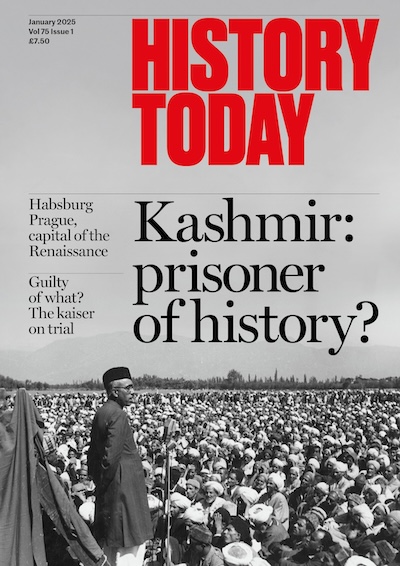The Pity of War
John Crossland uncovers a conspiracy of silence from the records of Britain's First World War court-martial victims.
'I just wanted to get away from the sound of the guns'. Private Hamp's disarmingly simple explanation for quitting his post in King and Country, is the response of a man of average intelligence and total lack of sophistication, to an act of mass insanity. The frontline poets spoke more eloquently of the pity of war but the fictional private soldier from Islington fired the indignation of a later generation to whom the true extent of the horrors of the First World War was a revelation.
The furore caused on the film's release in 1965 led to it being banned by at least one local authority, Bedfordshire County Council. Asked his reason, the clerk replied, 'it would give an unfortunate impression of Britain to immigrant workers'. Britons were unable to judge for themselves, as the facts on which the film was based were censored, and identities hidden, for seventy-five years.





